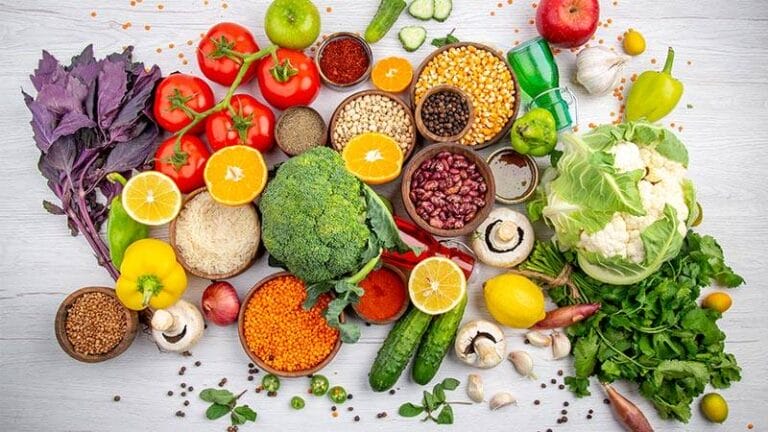In my journey exploring sustainable eating, I stumbled upon the profound impact of the vegetarian diet on both our planet and personal health. As environmental concerns rise, many of us are seeking ways to tread lightly on our Earth. One powerful choice lies on our plates.
The vegetarian diet isn’t just a fleeting trend; it’s a commitment to a healthier body and a more sustainable future. This article dives deep into the world of vegetarianism, shedding light on its environmental and health benefits.
If you’re curious about how giving up meat can shape a greener tomorrow, you’re in the right place. Let’s begin.
What is the Vegetarian Diet?

At its core, vegetarianism is a dietary choice that excludes meat, primarily focusing on plant-based foods. But the world of vegetarianism is vast and varied. There are several types of vegetarian diets, each with its nuances.
The lacto vegetarian diet includes dairy products but excludes eggs and meat. Conversely, the ovo vegetarian diet permits eggs but excludes dairy and meat. Then there’s the lacto-ovo vegetarian diet, which includes both dairy products and eggs but keeps meat off the menu.
Historically, vegetarianism can trace its roots back thousands of years. Many ancient civilizations, from the Indus Valley to ancient Greece, practiced forms of vegetarianism for various reasons, be it spiritual, ethical, or health-related.
Moreover, many global cultures and religions, such as Buddhism and Jainism, have long embraced vegetarian principles, making it an integral part of their traditions.
Over the years, vegetarianism has evolved, adapting to the nutritional knowledge and environmental concerns of the times. Today, with the rise in sustainable diets, the vegetarian diet continues to gain traction, offering a harmonious blend of health benefits and eco-friendly impact.
Environmental Benefits of a Vegetarian Diet

One of the most compelling reasons many people are drawn to the vegetarian diet is its positive environmental impact. Let’s break this down, starting with the term many of us have come across but might not fully grasp: carbon footprint. In simple terms, it refers to the total greenhouse gas emissions caused by an individual, event, organization, or product.
When it comes to the meat industry, the carbon footprint is alarmingly high. Livestock farming produces a significant portion of global greenhouse gas emissions, more than the entire transportation sector combined!
Now, let’s dive into water consumption. The amount of water needed to produce a kilogram of beef can range from 5,000 to 20,000 liters, depending on the production methods.
In contrast, crops like lentils or beans require a fraction of that amount. Sustainable eating, in the form of a vegetarian diet, can play a pivotal role in conserving our water resources.
But the environmental benefits don’t stop there. The meat industry is a primary driver behind deforestation, especially in areas like the Amazon rainforest. As forests are cleared to make way for livestock, we lose vital trees that act as our planet’s lungs, absorbing carbon dioxide and providing oxygen.
This deforestation doesn’t just impact trees; it threatens biodiversity. Countless species lose their habitats, leading to declining populations and, in some cases, extinction.
In essence, choosing a vegetarian diet is a proactive step towards reducing our environmental footprint. Every meal devoid of meat helps conserve water, preserve forests, and protect the rich tapestry of life on our planet. It’s a choice that resonates with the very essence of sustainable eating, making a tangible difference with every bite.
Health Benefits of a Vegetarian Diet

Beyond its environmental advantages, the vegetarian diet offers a plethora of health benefits that can significantly enhance our well-being. One of the primary perks of adopting a plant-based diet is the nutritional richness it brings.
Vegetarian foods are often high in essential nutrients like fiber, antioxidants, vitamins, and minerals. These nutrient-dense foods support optimal body functions, from digestion to immunity.
Furthermore, a consistent vegetarian lifestyle has been linked to a reduced risk of several chronic diseases. Studies have shown that vegetarians often have lower cholesterol levels, blood pressure, and body mass index (BMI), all of which are risk factors for heart disease.
Additionally, plant-based diets can help regulate blood sugar levels, reducing the risk of type 2 diabetes. The high fiber content in vegetarian meals aids in steady insulin production and response.
But the benefits don’t end with physical health. Embracing a vegetarian diet can also positively impact our mental well-being. Research suggests that individuals on a plant-based diet often report better mood states and reduced levels of depression and anxiety. The abundance of antioxidants and reduced intake of certain fats may play a role in this mood-enhancing effect.
Downsides of the Vegetarian Diet
While the vegetarian lifestyle offers numerous health and environmental advantages, it’s essential to be aware of potential challenges and pitfalls. Like any dietary approach, it’s about finding balance and being well-informed:
Nutrient Deficiency
Without careful planning, vegetarians might miss out on vital nutrients such as vitamin B12, iron, and omega-3 fatty acids. Typically sourced from animal products, these nutrients are crucial for bodily functions, from energy production to brain health.
Protein Concerns
While plant-based protein sources are abundant, some vegetarians might struggle to meet their daily requirements. Beans, lentils, tofu, and tempeh are excellent sources, but they require mindful inclusion in meals to ensure adequate intake.
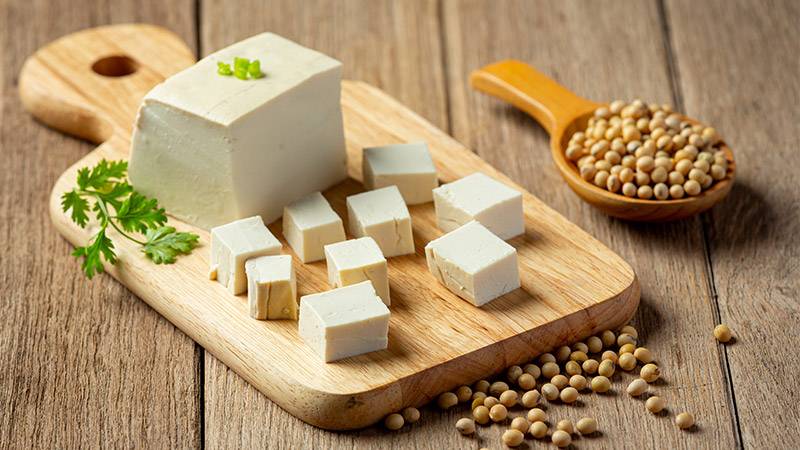
Over-reliance on Processed Foods
The rise of vegetarian convenience foods — think frozen meat substitutes and processed snacks — can tempt many to stray from whole, nutrient-rich foods. While they might be vegetarian, they often contain added sugars, unhealthy fats, and artificial additives.
Social Challenges
Navigating social situations, from dinners to celebrations, can sometimes be tricky for vegetarians. Not all venues or gatherings may offer plant-based options, leading to feelings of exclusion or inconvenience.
While these challenges exist, with proper knowledge and preparation, they are easily navigable. It’s essential to stay informed, prioritize whole foods, and occasionally consult a nutritionist to ensure a balanced, healthy vegetarian diet.

Foods to Eat on a Vegetarian Diet
Embarking on a vegetarian journey is not merely about removing meat from your plate; it’s about embracing a vibrant and diverse range of nutrient-rich plant-based foods. For those new to the vegetarian lifestyle or even seasoned herbivores looking to diversify their meals, here’s a primer on the categories of nourishing foods that should be staples in a vegetarian diet:
Legumes
These are the powerhouses of the vegetarian world. Lentils, chickpeas, black beans, and more, legumes are chock-full of protein, iron, and dietary fiber. They serve as a foundational element in numerous dishes, from hearty stews to refreshing salads, ensuring that you’re getting ample nutrition with every bite.

Grains
The backbone of many vegetarian dishes, grains provide the essential carbohydrates needed to fuel your body. Whether it’s the comforting taste of brown rice, the nutty flavor of quinoa, or the heartiness of barley, grains are versatile and teeming with nutrients like B vitamins, magnesium, and selenium.
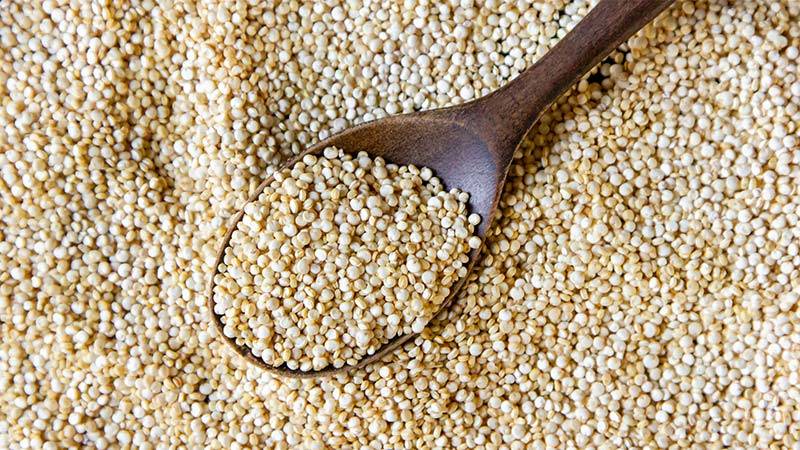
Vegetables
Beyond their visual appeal, vegetables are a treasure trove of vitamins, minerals, and antioxidants. Dark, leafy greens like kale and spinach are calcium and iron powerhouses, while cruciferous veggies like broccoli and cauliflower are known for their cancer-fighting properties.

Fruits
From the tartness of berries to the succulent sweetness of mangoes, fruits are nature’s dessert. They offer a host of vitamins, particularly vitamin C and vitamin A, and serve as a primary source of dietary fiber, promoting digestive health.

Nuts and Seeds
Often overlooked, this category is essential for vegetarians. Almonds, walnuts, chia seeds, and flaxseeds are densely packed with omega-3 fatty acids, protein, and essential vitamins, making them a must-add to your daily diet.
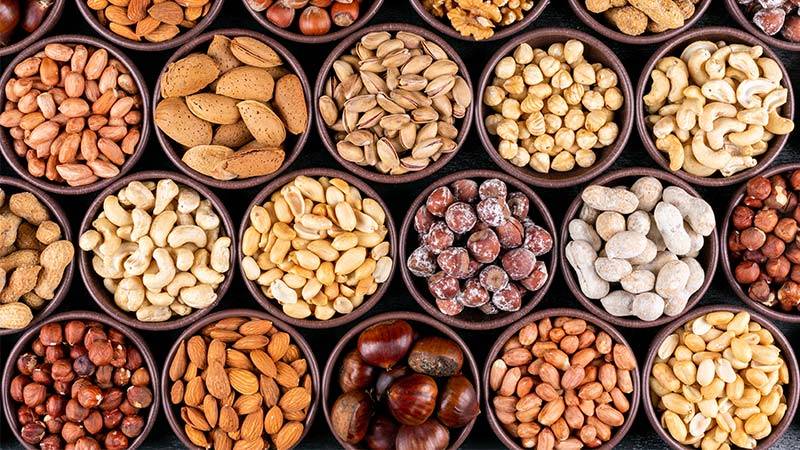
Foods to Minimize on a Vegetarian Diet
Embarking on a vegetarian journey can be both exciting and nutritious, but it’s also essential to be aware of certain foods that, although vegetarian, might not be the healthiest choices. Here’s a look at some vegetarian foods to be cautious about:
Vegetarian Junk Foods
When most people hear “vegetarian,” they often equate it with “healthy.” However, this isn’t always the case. Many vegetarian snacks, such as salted pretzels, cheese puffs, and certain flavored popcorns, can be high in unhealthy fats, sodium, and artificial additives. These snacks might be meat-free, but they’re not free from health drawbacks.

Overindulgence in Dairy
Dairy can be a delicious source of protein for vegetarians, but it’s also rich in saturated fats, especially when consumed in large quantities. While dairy can be a part of a balanced vegetarian diet, moderation is key.
Processed Vegetarian Foods
The market is flooded with processed vegetarian products, from meatless burgers to vegetarian sausages. While some are made with whole ingredients, others contain a long list of additives, preservatives, and excessive salt. It’s always best to read the label and opt for products with minimal processed ingredients.
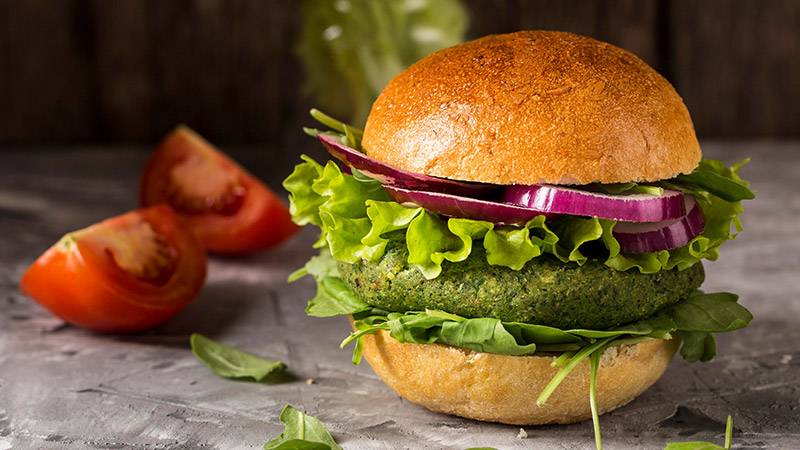
Sugary Temptations
Pastries, cereals, and some beverages can be vegetarian but loaded with sugars. These can contribute to unnecessary calorie intake, blood sugar spikes, and, over time, weight gain.

Read More:
Tips for Trying a Vegetarian Diet
Venturing into the world of vegetarianism can be a transformative experience, not just for your health, but for the environment too. However, like any significant lifestyle shift, it requires preparation, patience, and persistence. Here are some tips to guide you as you embark on this sustainable eating journey:
Gradual Transition is Key
Instead of diving headfirst into a strict vegetarian regimen, consider taking small steps. Start by introducing “Meatless Mondays” into your week or replacing one meal a day with a plant-based option. This slow transition helps your palate adjust and reduces the potential for nutrient deficiencies.
Listen to Your Body
Every individual is unique, and so are our nutritional needs. While plant-based diets are rich in many nutrients, you might need to pay extra attention to certain vitamins and minerals like iron, calcium, and B12. If you’re feeling fatigued or notice changes in your health, it might be time to reassess your dietary choices. Always consult with a nutrition expert or doctor if you have concerns.
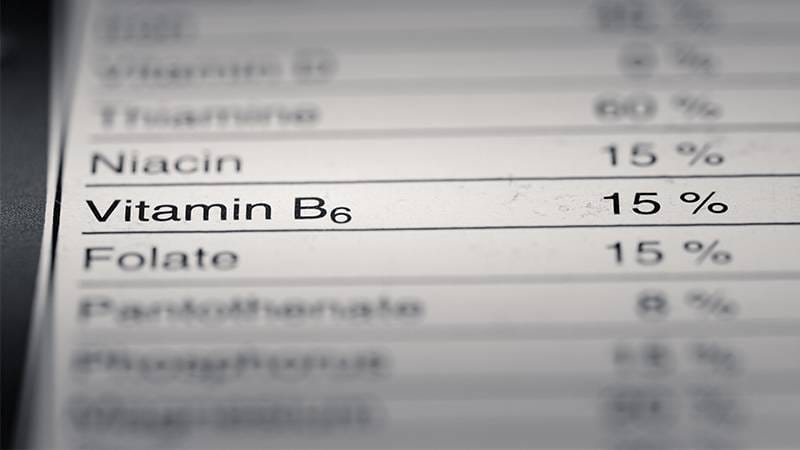
Seek Support and Resources
The vegetarian community is vast and welcoming. Join local vegetarian groups, attend workshops, or engage in online forums. Surrounding yourself with like-minded individuals can offer both motivation and new, delicious plant-based recipes. Plus, it’s always more fun to share a journey with others!
Read Food Labels Diligently
Not all products labeled “vegetarian” are created equal. Some might contain hidden non-vegetarian ingredients or be loaded with preservatives and artificial additives. Make it a habit to scan food labels, looking out for unfamiliar ingredients. This not only ensures you’re sticking to your vegetarian goals but also promotes a healthier diet.
Educate Yourself
Knowledge is power. Familiarize yourself with the nutritional aspects of different plant-based foods. Understanding the health benefits, calorie counts, and nutrient profiles can aid in making informed food choices.
Be Kind to Yourself
Remember, everyone’s journey is unique. There might be times when you waver or feel tempted. That’s okay. It’s all part of the process. Celebrate the small victories, learn from the challenges, and always prioritize what feels right for your body and values.

Read More:
Vegetarian Meal Plan for 1 Week
Venturing into a vegetarian lifestyle doesn’t mean skimping on flavor or nutrients. Here’s a diverse and nutritious one-week meal plan to kickstart your journey:
Day 1
Breakfast: Oatmeal with berries and chia seeds
Lunch: Chickpea salad with olive oil dressing
Dinner: Lentil soup with whole grain bread
Snacks: Mixed nuts and dried fruits
Day 2
Breakfast: Quinoa fruit salad with yogurt
Lunch: Grilled vegetable wrap with hummus
Dinner: Spinach and tofu curry with brown rice
Snacks: Carrot sticks with avocado dip
Day 3
Breakfast: Smoothie (spinach, banana, almond milk)
Lunch: Vegetable stir-fry with tofu
Dinner: Mushroom risotto
Snacks: Rice cakes with almond butter
Day 4
Breakfast: Whole grain toast with avocado
Lunch: Tomato and mozzarella salad
Dinner: Vegetable paella with quinoa
Snacks: Sliced cucumber with hummus
Day 5
Breakfast: Muesli with coconut milk and fruit
Lunch: Falafel wrap with tahini sauce
Dinner: Butternut squash and bean chili
Snacks: Dark chocolate and strawberries
Day 6
Breakfast: Greek yogurt with honey and granola
Lunch: Vegetable noodle soup
Dinner: Eggplant parmesan with spaghetti
Snacks: Roasted chickpeas
Day 7
Breakfast: Chia seed pudding with mango slices
Lunch: Stuffed bell peppers with couscous
Dinner: Vegetable and paneer tikka masala
Snacks: Fruit salad with a drizzle of honey
Conclusion
Embarking on a vegetarian journey is not just a dietary choice but a holistic approach to a healthier and more sustainable lifestyle. From understanding its profound environmental impact to reaping its numerous health benefits, the vegetarian diet offers a multitude of advantages.
However, like any dietary change, it requires knowledge, planning, and commitment. As you consider transitioning, remember to embrace the variety of nutrient-rich plant-based foods available, listen to your body’s needs, and seek support when needed.
Ready to make the leap? Start today, and experience the vibrant world of vegetarianism. Your body and the planet will thank you. Dive in, and let your journey begin!
